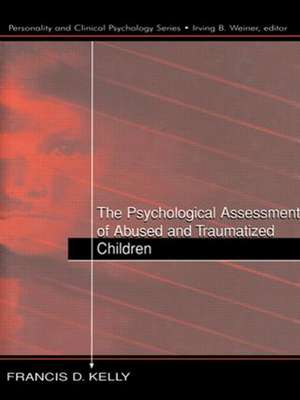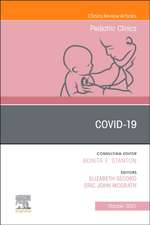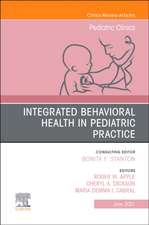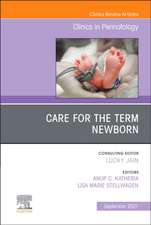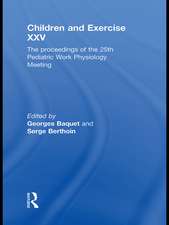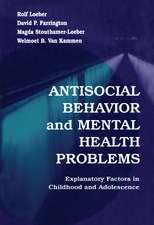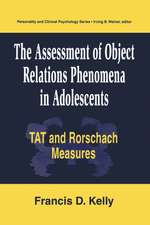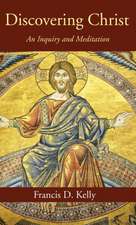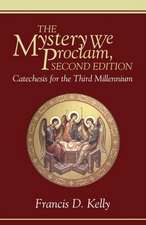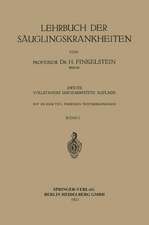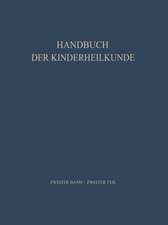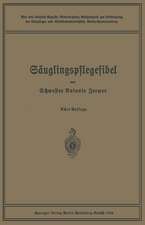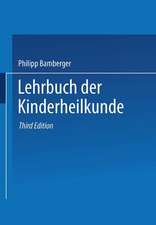The Psychological Assessment of Abused and Traumatized Children
Autor Francis D. Kellyen Limba Engleză Paperback – 11 sep 2014
Kelly offers a clinical paradigm for the personality assessment of abused or traumatized children via projective instruments--the TAT and Rorschach--and shows how various projective measures and indices can be utilized as sensitive barometers of changes in self, object, and ego functioning following therapeutic interventions and other corrective experiences. But further, integrating the tenets of trauma theory and those of psychoanalytic theory, he sets this clinical paradigm in a meaningful theoretical context, and draws on both theory and clinical experience to develop a comprehensive psychological composite of the child who has been maltreated.
Part I provides an overview of theoretical models relevant to the assessment and diagnosis of the maltreated child. Contemporary psychoanalytic theory serves as one frame and is discussed first, with particular emphasis on object relations and ego functions. Equal attention is devoted to developmental psychology as another frame.
Part II reviews relevant research. The Mutality of Autonomy Scale (MOA) and the Social Cognition and Object Relations Scale (SCORS) are introduced as examples of reliable and valid instruments readily employed to assess the impact of abuse or trauma on a child's object relations functioning. Additional Rorschach indices--boundary disturbance measures, thought disorder indices, trauma markers, and defensive functions measures--are discussed as measures of the impact on different facets of ego functioning. These various projective measures can be utilized as sensitive barometers of changes in self, object, and ego functioning following therapeutic interventions and other corrective experiences.
Part III includes a variety of extended clinical illustrations.
Seven cases of boys and girls subjected to varying degrees of abuse and trauma are presented to demonstrate the clinical utility of projective material for assessment, diagnosis, and treatment planning. For the clinician who takes the idiographical-phenomenological approach, appropriate given the uniqueness of each situation of abuse or trauma and the frequent brevity and barrenness of the protocol, such material can open a window onto a rich vista of the child's psychological terrain. The resulting map can point the way to wise decisions about type, timing, and level of therapeutic intervention, the resolution of such process issues as transference and countertransference, plus additional questions.
Two cases of adult women who were abused as children and find themselves continuing to struggle with enduring unresolved issues vis a vis their own children are also presented. These cases underscore the value of TAT and Rorschach material, and object relations measures, in assessing and understanding the abusive and potentially abusive parent.
Preț: 329.72 lei
Preț vechi: 347.08 lei
-5% Nou
Puncte Express: 495
Preț estimativ în valută:
63.09€ • 66.04$ • 52.51£
63.09€ • 66.04$ • 52.51£
Carte tipărită la comandă
Livrare economică 31 martie-14 aprilie
Preluare comenzi: 021 569.72.76
Specificații
ISBN-13: 9781138003101
ISBN-10: 1138003107
Pagini: 280
Ilustrații: illustrations
Dimensiuni: 156 x 234 mm
Greutate: 0.4 kg
Ediția:1
Editura: Taylor & Francis
Colecția Routledge
Locul publicării:Oxford, United Kingdom
ISBN-10: 1138003107
Pagini: 280
Ilustrații: illustrations
Dimensiuni: 156 x 234 mm
Greutate: 0.4 kg
Ediția:1
Editura: Taylor & Francis
Colecția Routledge
Locul publicării:Oxford, United Kingdom
Public țintă
ProfessionalCuprins
Contents: Preface. Introduction. Part I: Young Children and the Experience of Trauma and Abuse. The Representational World of the Young Child: The Role of the Four Psychologies. Object Relations Development in Abused and Traumatized Children: Theoretical and Clinical Considerations. Part II: The Psychological Representation of Abuse and Trauma. Object Representation Assessment of Children: TAT and Rorschach Research in Relation to the Abused and Traumatized Child. Object Representation Scales. Old Wine in New Bottles--The Borderline Child Revisited: Contemporary Perspectives on Diagnosis and Assessment. Three Faces of Abuse and Trauma: The Sequelae of Physical, Sexual, and Complex, Chronic Experiences of Maltreatment. The Abused and Traumatized Child: Changes in Object Relations and Ego Functions--The Influence and Impact of Therapeutic and Mutative Experiences. Object Representations of Abusive and Maltreating Parents: A Tale of Two Women. Concluding Remarks.
Recenzii
"Essential reading for clinicians and researchers working in this area, the book will be of interest to any professional involved with abused and traumatized children."
—Readings: A Journal of Reviews and Commentary in Mental Health
"This volume is based on solid research and very recommendable to child mental health workers."
—Journal of Psychology in Africa
"This is an invaluable, beautifully written work on a number of levels. As a window into the psychological sequelae of chronic and acute child abuse and neglect, it is comprehensive and first-rate. As a conceptual frame highlighting the heuristic value of an object representational model in child clinical practice, it is splendid. And last, as a handbook for the seamless integration of clinical and scholarly research on the projective assessment of children, it is superb. This book will last and thrive as a called-upon reference in the fields of forensic psychology, psychological testing, and object relations theory."
—Steven B. Tuber, PhD, ABPP
City University of New York at City College
"This superbly written book provides a much needed integration of theory and research regarding the psychological condition of abused children. Complete with rich clinical material, it will be especially useful for the clinician or researcher who wishes to understand the abused child's internal world. The explication and clinical illustrations of the two most useful assessment measures of object representations--the Mutuality of Autonomy scale and the Social Cognition Object Representation scale--are especially helpful. The book should be read by all professionals who work with, or are concerned about, abused and traumatized children."
—Phebe Cramer, Ph.D.
Williams College
—Readings: A Journal of Reviews and Commentary in Mental Health
"This volume is based on solid research and very recommendable to child mental health workers."
—Journal of Psychology in Africa
"This is an invaluable, beautifully written work on a number of levels. As a window into the psychological sequelae of chronic and acute child abuse and neglect, it is comprehensive and first-rate. As a conceptual frame highlighting the heuristic value of an object representational model in child clinical practice, it is splendid. And last, as a handbook for the seamless integration of clinical and scholarly research on the projective assessment of children, it is superb. This book will last and thrive as a called-upon reference in the fields of forensic psychology, psychological testing, and object relations theory."
—Steven B. Tuber, PhD, ABPP
City University of New York at City College
"This superbly written book provides a much needed integration of theory and research regarding the psychological condition of abused children. Complete with rich clinical material, it will be especially useful for the clinician or researcher who wishes to understand the abused child's internal world. The explication and clinical illustrations of the two most useful assessment measures of object representations--the Mutuality of Autonomy scale and the Social Cognition Object Representation scale--are especially helpful. The book should be read by all professionals who work with, or are concerned about, abused and traumatized children."
—Phebe Cramer, Ph.D.
Williams College
Descriere
A guide to assessing the abused and traumatized child that emphasizes the importance of projective measures in delineating the impact of maltreatment on psychological systems and structures.
